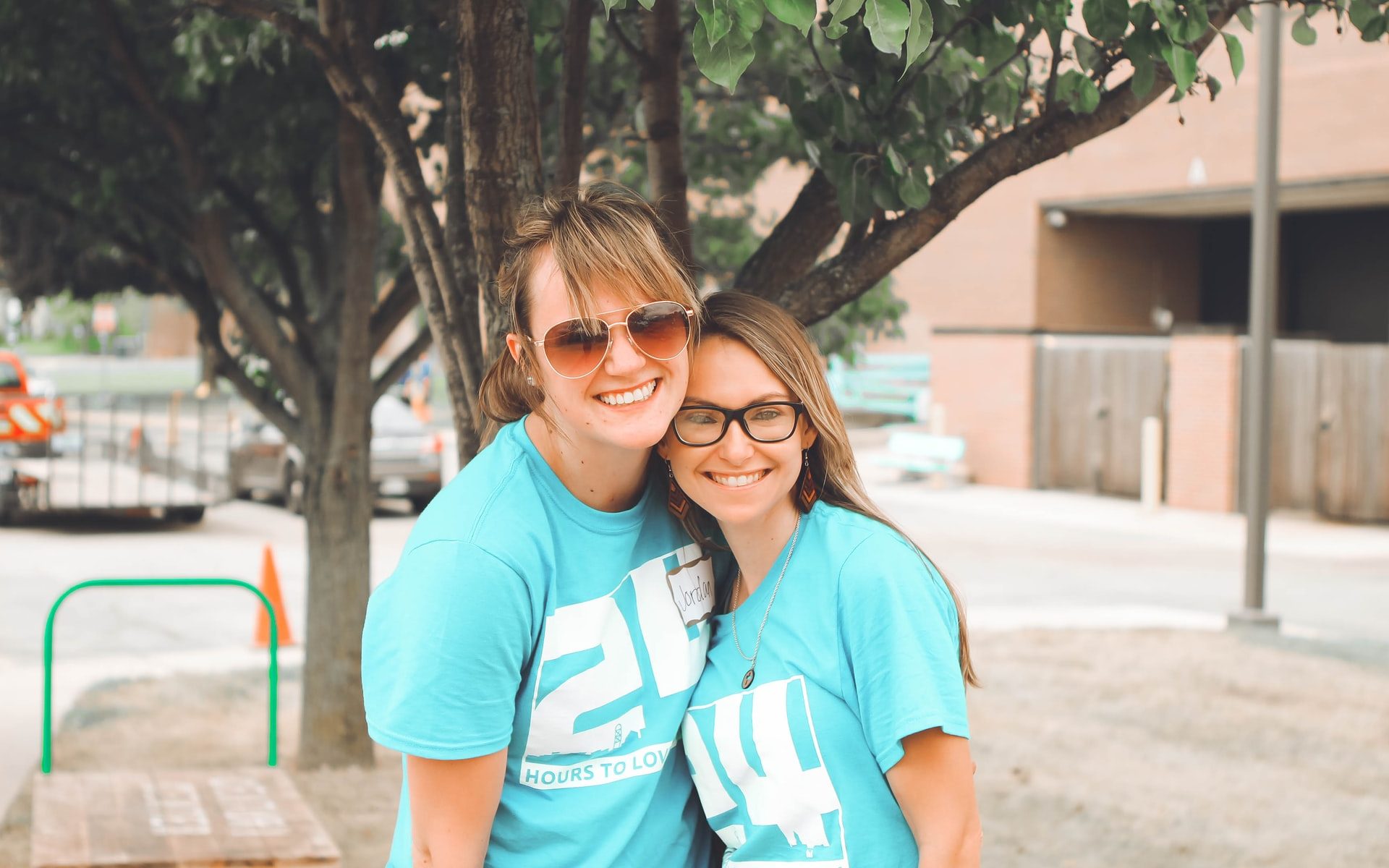Volunteering with a group of people can be a powerful experience because it can have great impact on you, your company, and the community in which you serve. Not only is volunteering a great way to help others and the community, it can also help your career. If you are looking for things to bulk up your resume, volunteering can be a great addition to your portfolio.
Strengthen Your Company’s Brand Identity
Volunteering with co-workers is a great way to showcase your company. If your company’s brand is known for giving back, this can in turn improve its brand image and the relationship with its community and customers. Not only will your company’s brand image shine from a customer’s perspective, but you may view the company you work for in a different light and in turn have increased motivation and satisfaction at work.
Better Work Environment
Volunteering with co-workers can help create a happier work environment. A happy work environment can improve a company’s employee retention rate and can help attract the right talent. Participating in team-building exercises, such as volunteering, can help employees feel like they are a part of a community rather than just a company. In addition, volunteering with coworkers can make one’s work feel more purposeful.
Health Benefits
Volunteering can also have tremendous effects on your health, specifically your heart health. A study conducted by the Corporation for National Community & Service concluded that volunteering can actually make your heart grow stronger. Completing acts that better your health can improve your mood and lower the amount of sick days you use. Both a positive attitude and commitment to one’s work are shining attributes that will look great on one’s resume.
Dr. Barbara Edwards, Princeton internist practices at Penn Medicine Princeton Health in the Penn Medicine Princeton Medical Center and also serves as Medical Director of the Bristol-Myers Squibb Community Health Center.






